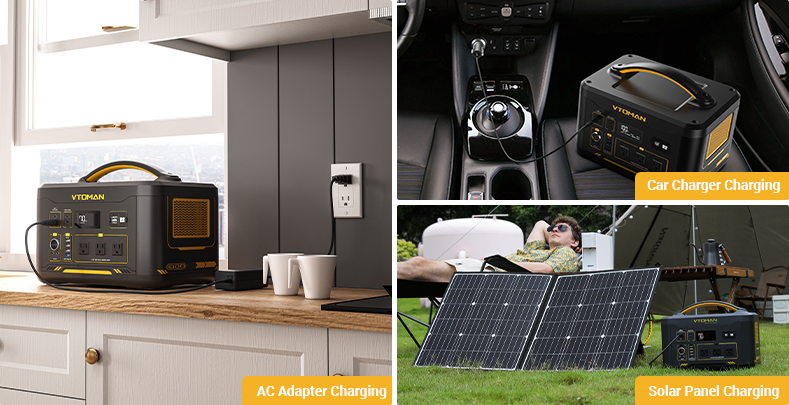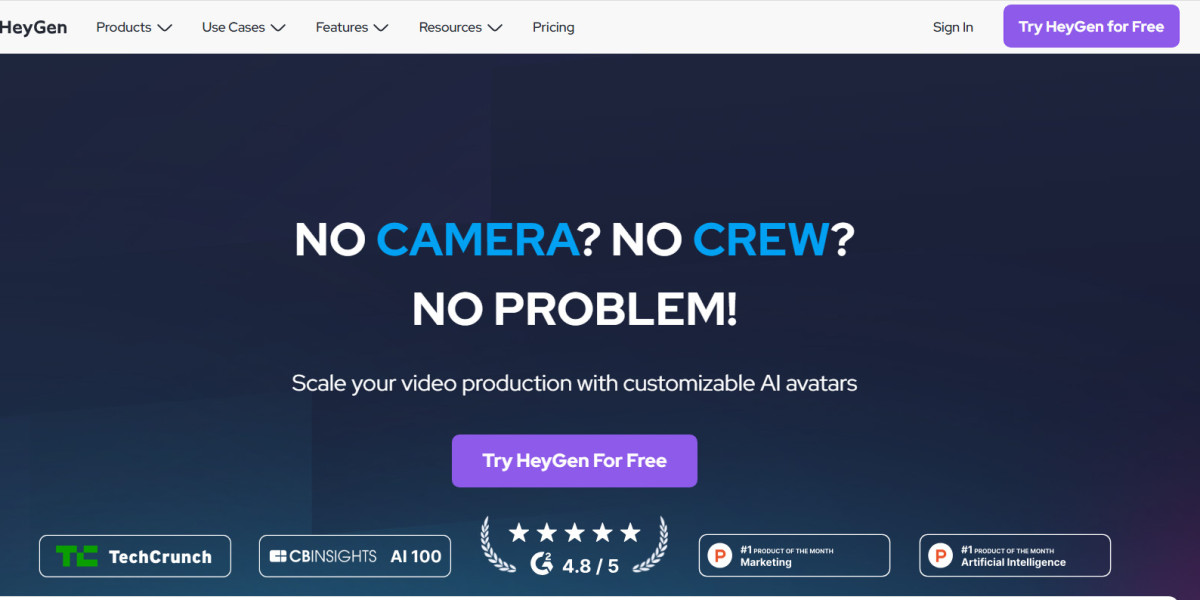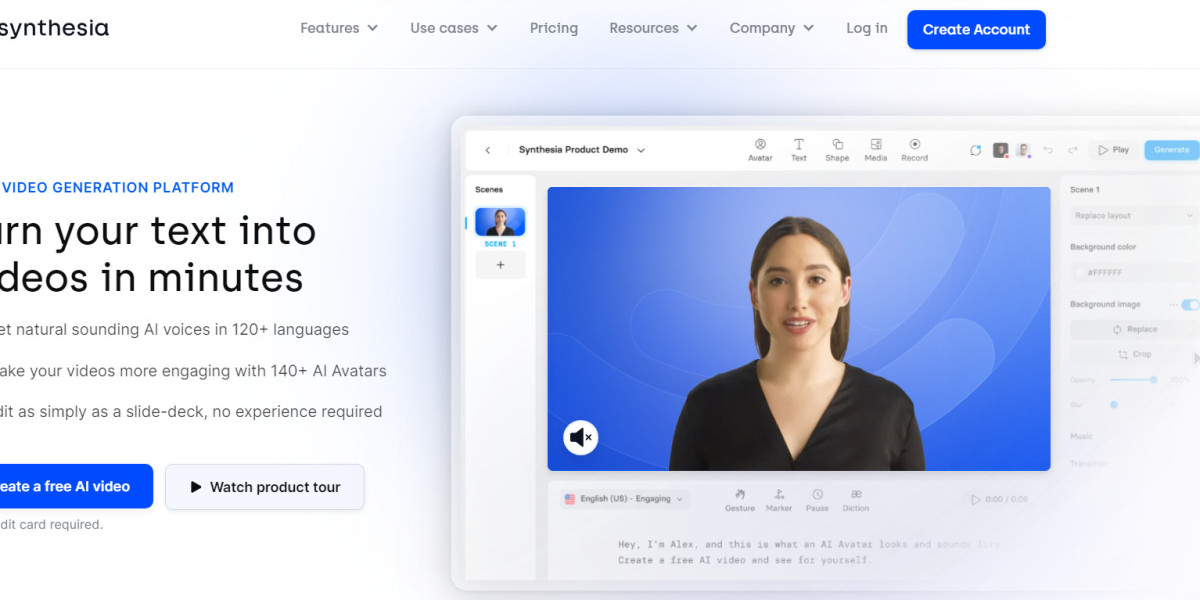As the demand for solar energy storage continues to rise, it is crucial to understand the key factors to consider when selecting lithium-ion batteries for this purpose. Lithium-ion batteries have become the preferred choice for solar energy storage due to their high energy density, long lifespan, and fast charging capabilities. However, not all lithium-ion batteries are created equal, and it is important to carefully evaluate several factors before making a decision.

Battery Capacity and Voltage
One of the first key factors to consider is the battery capacity and voltage. The capacity of a battery determines how much energy it can store, while the voltage determines the amount of power it can deliver. When selecting lithium-ion batteries for solar energy storage, it is essential to choose a battery with sufficient capacity to meet your energy needs. Additionally, the voltage of the battery should be compatible with your solar energy system to ensure efficient energy transfer.
For example, if you have a large solar energy system that generates a significant amount of electricity, you will need a battery with a higher capacity to store the excess energy. On the other hand, if you have a smaller system, a battery with a lower capacity may be sufficient. Similarly, the voltage of the battery should match the voltage of your solar panels and inverter to avoid any compatibility issues.
Battery Lifespan and Cycle Life
The lifespan and cycle life of a lithium-ion battery are crucial factors to consider when selecting one for solar energy storage. The lifespan refers to the overall duration for which the battery can function effectively, while the cycle life refers to the number of charge-discharge cycles the battery can undergo before its performance starts to degrade.
It is important to choose a lithium-ion battery with a long lifespan to ensure that it can provide reliable energy storage for an extended period. Additionally, considering the cycle life is essential, as a battery with a higher cycle life will last longer and require fewer replacements over time.
For instance, if you plan to use your solar energy system for several decades, selecting a lithium-ion battery with a lifespan of 20 years or more would be ideal. Similarly, a battery with a cycle life of at least 5000 cycles would be suitable for long-term use.
Battery Safety and Protection
When it comes to solar energy storage, battery safety is of utmost importance. Lithium-ion batteries have been known to pose safety risks, such as overheating and potential fire hazards. Therefore, it is crucial to select batteries that incorporate safety features and protection mechanisms to mitigate these risks.
Some key safety features to look for include overcharge protection, short circuit protection, and thermal management systems. These features ensure that the battery operates within safe limits and minimize the risk of accidents or damage.
For example, a battery with overcharge protection will automatically stop charging once it reaches its maximum capacity, preventing any potential damage. Similarly, a battery with a thermal management system will regulate its temperature to prevent overheating.
Battery Cost and Return on Investment
Lastly, the cost of the lithium-ion battery and the potential return on investment should be considered. While lithium-ion batteries may have a higher upfront cost compared to other battery technologies, they offer significant long-term benefits.
When evaluating the cost, it is important to consider the total cost of ownership, which includes factors such as the lifespan, cycle life, and maintenance requirements of the battery. Additionally, calculating the potential return on investment by assessing the savings from reduced energy bills and potential incentives or rebates can help determine the economic viability of the battery.
For instance, a lithium-ion battery with a higher upfront cost but a longer lifespan and cycle life may provide a better return on investment compared to a cheaper battery with a shorter lifespan.
In conclusion, selecting the right lithium-ion battery for solar energy storage involves considering several key factors. These include battery capacity and voltage, lifespan and cycle life, safety and protection features, and cost and return on investment. By carefully evaluating these factors and choosing a battery that aligns with your specific requirements, you can ensure optimal performance and maximize the benefits of solar energy storage.







